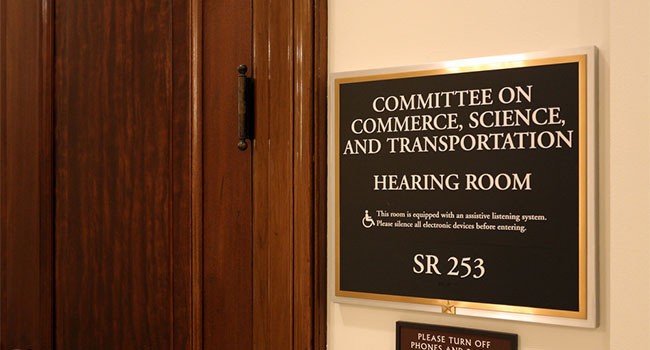
Senators Introduce Bill Aiming to Grow Cybersecurity Workforce
The legislation is part of a growing industry-wide and government effort to attract more workers to the cybersecurity field.
- By Haley Samsel
- Nov 07, 2019
With the United States facing a critical shortage in cybersecurity professionals, four senators serving on the Commerce, Science and Transportation Committee have introduced a bill that would devote resources toward recruiting and educating the next generation of cybersecurity workers.
Introduced on Tuesday by a bipartisan group of legislators, the Harvesting American Cybersecurity Knowledge through Education (HACKED) Act aims to “bolster existing science education” and cyber programs within the National Institute of Standards and Technology, National Science Foundation, National Aeronautics and Space Administration, and the Department of Transportation.
The bill comes just as (ISC)², a nonprofit providing cybersecurity certifications, releases its annual workforce study. There is now a global shortage of about 4 million cybersecurity workers. an increase of over 1 million from last year. To properly defend American organizations from cyberattacks, the workforce needs to grow 145 percent — by about 500,000 professionals — to fill the gap, according to the nonprofit’s findings.
“America is facing serious cyber threats every day in today’s increasingly connected world, yet there is a serious shortage of workers needed to confront this urgent challenge,” Sen. Maria Cantwell (D-Wash.), a co-sponsor of the legislation, said in a statement. "There are currently 300,000 vacancies in our cyber workforce nationwide."
Committee chairman Sen. Roger Wicker (R-Miss.) said that cybersecurity risks are only becoming more intense, requiring a workforce that can safeguard American innovation and work environments.
“This legislation is an important first step to expand the cybersecurity workforce and provide tools to support necessary education and training,” Wicker said.
The bill, which was also co-sponsored by Sen. John Thune (R-S.D.) and Sen. Jacky Rosen (D-Nev.), will still need to get approved by the committee before it can put to a vote by the full senate. Similar legislation has already been introduced in the House, and major companies like Google and Apple have committed to taking a series of actions to recruit a larger and more diverse workforce.
About the Author
Haley Samsel is an Associate Content Editor for the Infrastructure Solutions Group at 1105 Media.